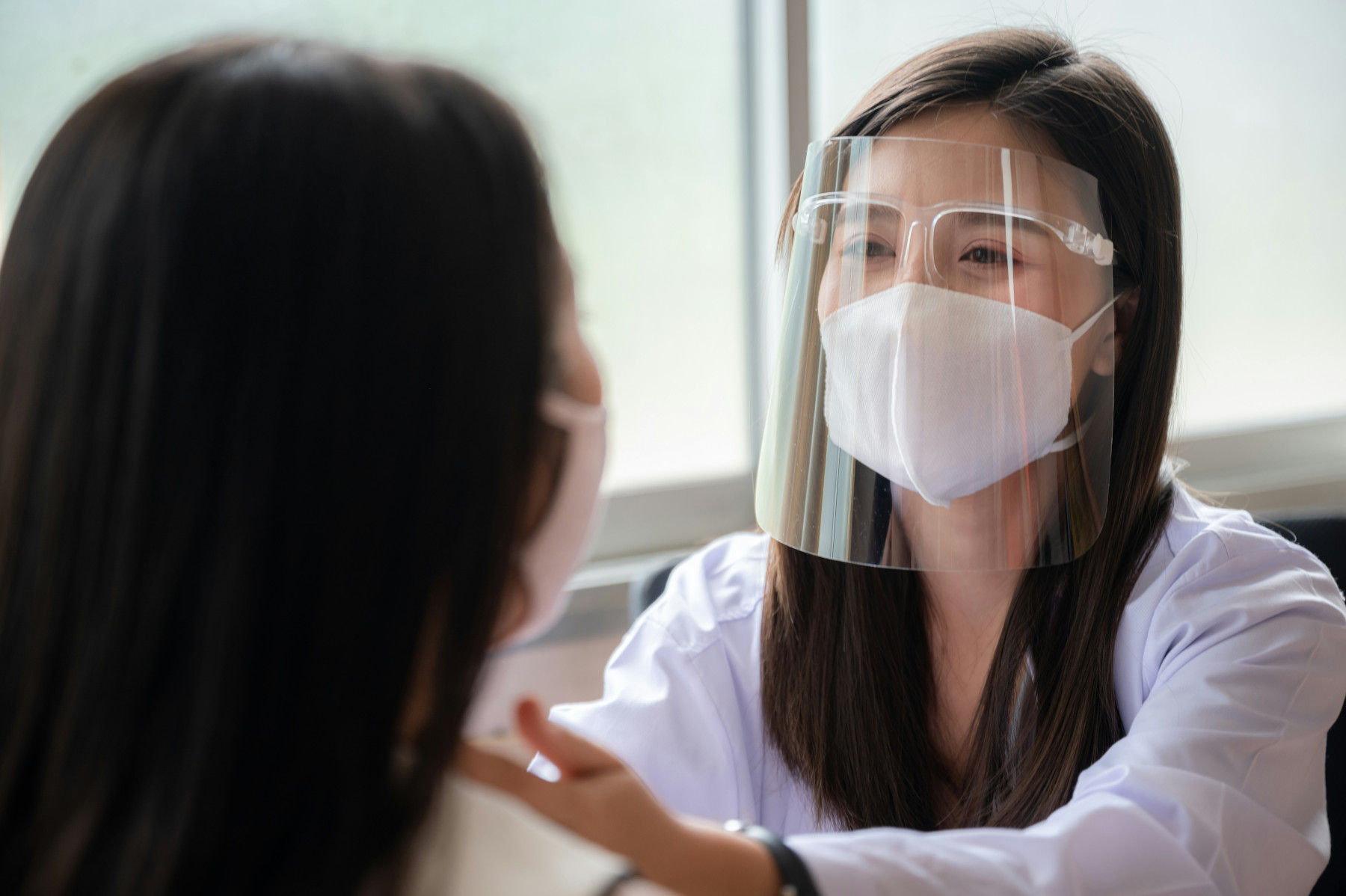In March 2025, the Province dropped its health-care mask requirement. DoNoHarm BC, an organization advocating for it to be reinstated, had been hoping that they would do so once respiratory illness season started last fall.
“We watched other provinces reenact these seasonal mask mandates, and waited and waited,” Beth Campbell Duke, a science educator, told Daily Hive. “We had a letter-writing campaign, and still there was no response.”
While people who are immunocompromised or immunosuppressed are most at risk, she said that it poses a risk to everyone because no one knows how COVID-19 infection could impact them.
Comments closed
